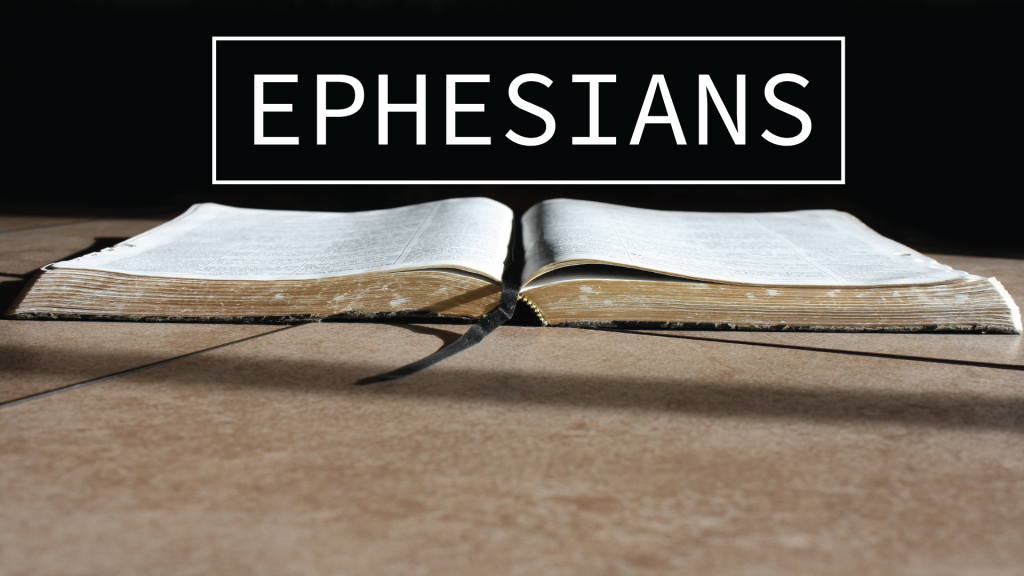
Ephesians 5:29-30
“For no one ever hates his own body, but he know where is it and tenderly cares for it, just as Christ cares for the church, because we are members of his body.”
Paul continues his instructions to husbands regarding their wives, and the analogy of Christ and the church.
No one ever hates his own body. It is in our self-interest to care for our body in the best way possible.
We nourish our body, doing what we can to make sure that we eat quality food and try to get the quantity right. In the ancient world, food security was not a known concept. There were periods of plenty, and periods drought or war made food scarce. Our problem is that there is always more than enough available to nourish the body which means that we have to choose the way of discipline.
We tenderly care for our bodies. When we are sick or injured, we seek out medical help. When we have pain we might change our work habits or the way we walk in order to minimise the pain. We tenderly care for our bodies because we know they are essential to our well-being.
Paul is saying that men need to treat their wives in the same way that they treat their own bodies. To love your wife is to love yourself (see v. 28), so therefore care for her with the same diligence that you care for your own body.
Just as a man takes a proactive attitude to his body (nourishing it) as well as a defensive or reactive approach (tenderly caring for it), a husband must both encourage or edify his wife, as well as protecting or reacting to threats of spiritual, emotional and physical well-being.
In this view of the marital relationship, all forms of domestic violence - coercion, physical abuse, emotional control, and financial deprivation - are prohibited. We don't hate our own bodies, so how could a husband hate his wife? Domestic violence is not the topic here, but it is certainly within the scope of this “one flesh” analogy.
Paul now switches back to the relationship of Christ to the church. Christ loves his Body. He nurtures it and tenderly cares for it. We would not expect anything else from the one who came down and died to redeem the church. Having done that, He would, of course, continue to look after it.
So Christ nourishes the Body through the Word which is the Bread of Life. The Bible, when made freely available to the Body of Christ and preached faithfully by its pastors, provides all the requirements to sustain the life of the church.
The ministers of the church - the apostles, prophets, evangelists, pastors and teachers (Ephesians 4:1)- tenderly care for the body, providing protection from the attacks of the devil, as well as building up the weak and hurting parts of the Body.
All Christians are members of Christ's body. Every believer has been Incorporated into this cosmic entity called the Church or the Body of Christ.
There is no such thing as an “ordinary” christian, any more than there is an “ordinary” husband or wife. We are all handcrafted masterpieces created for a purpose. Our membership of this Body affects our relationships, particularly marriage, and is not just for our heavenly destiny.
There are no “Lone Ranger” christians living apart from the Body, any more than there are legs or arms, eyes or noses, that live apart from a human body. We all belong to something much bigger than ourselves.
Key points in this verse:
-
Husbands must care for their wives with as much diligence as they care for their own bodies
-
We nourish and tenderly care for our bodies so therefore we must build up and protect our wives
-
Christ cares for His Body in the same way
Ministers help to tenderly care for the body of Christ
-
All Christians are members of Christ's Body and cannot thrive apart from it